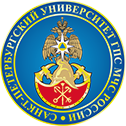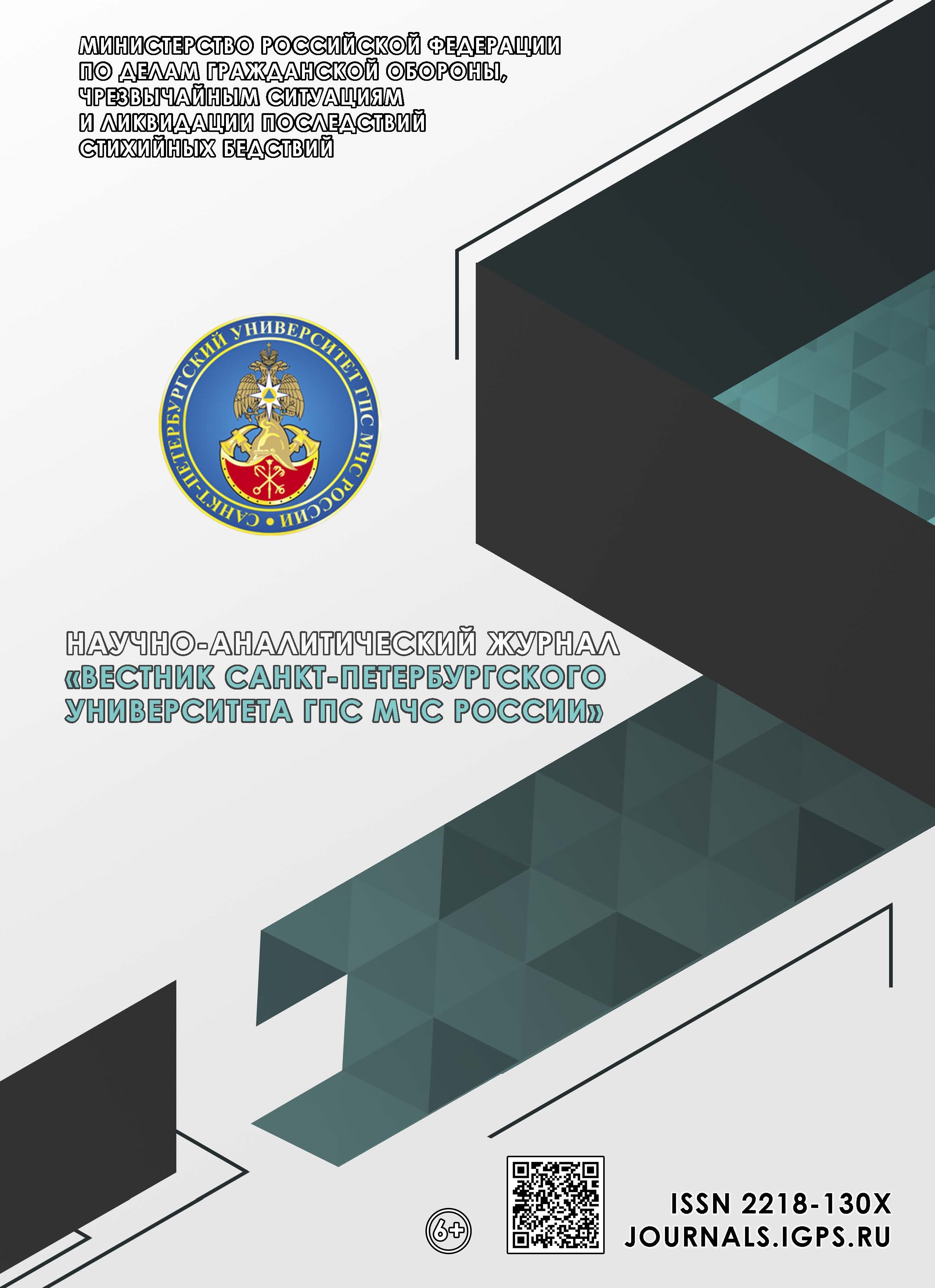Russian Federation
Russian Federation
Russian Federation
UDC 004.056.53
The formation of a global information space, as an undoubtedly positive phenomenon, at the same time gives rise to new threats to national and international security. The key characteristics of cyberspace (cross-border, anonymity, speed) determine the growth in the number of users of information technologies, but at the same time, the dynamics of negative impacts on the information infrastructure are also increasing. The formation of a successful strategy to counter these destructive phenomena is impossible without the creation of a full-fledged legal regime that allows them to be classified, without gaps and conflicts, taking into account the transdisciplinary nature of their nature. The authors of the study propose, based on an interdisciplinary analysis of the problem of determining the legal nature of events occurring in the information and digital space and generally referred to as incidents or cyber incidents, the legislative consolidation of a number of key concepts and categories that ensure a uniform approach to law enforcement, increasing the effectiveness of legal mechanisms for combating cyber offenses.
information security incident, computer incident, cyber incident, cyberspace, digitalization, legal regulation, critical information infrastructure object
1. History of the Web. World Wide Web Foundation. URL: https://webfoundation.org/about/vision/history-of-the-web/ (data obrashcheniya: 21.06.2024).
2. Lipton J. Rethinking Cyberlaw: A New Vision for Internet Law // Edward Elgar Publishing. 2015. 176 p.
3. Gruppa kompanij «Solar» – vedushchij postavshchik IB-reshenij v Rossii. URL: https://zoom.cnews.ru/soft/news/line/2024-05-16_solar_nesanktsionirovannyj (data obrashcheniya: 22.05.2024).
4. Ishchanova R.K. Obespechenie kiberbezopasnosti // Bol'shaya Evraziya: Razvitie, bezopasnost', sotrudnichestvo. 2019. № 2-1. S. 367–368.
5. Rustad M.L. Global Internet Law in a Nutshell // West Academic Publishing, 2013. 525 r.
6. Smirnov V.M., Kuzina A.V. Rassledovanie kiberincidentov v usloviyah kiberatak. M.: MosU MVD imeni V.Ya. Kikotya, 2023. S. 114–116.
7. Usanov I.V. Dialekticheskij materializm i elektronno-cifrovaya kriminalistika // Vestnik Saratovskoj gosudarstvennoj akademii. 2023. S. 270–277.
8. Pozvolenko V.A., Vorob'eva A.A. Lingvisticheskaya identifikaciya v rassledovanii kiberincidentov // Nauka nastoyashchego i budushchego. 2021. S. 154–155.
9. Ronzhina N.A., Glazatov A.A. Razvitie sistemy kiberbezopasnosti v Rossijskoj Federacii kak osnovnoe uslovie obespecheniya nacional'noj informacionnoj bezopasnosti // Pravo. Bezopasnost'. Chrezvychajnye situacii. 2023. № 1 (58). S. 24–34.
10. Lester Evans Cybersecurity: What you need to know about computer and cyber security? Social engineering, the Internet of things. P.: Bravex Publications, London. 2019. 230 p.
11. Nesterovich S.A. Problemy rassledovaniya kiberprestuplenij, kotorye stoyat pered sotrudnikami sledstvennyh organov // Vestnik nauki i obrazovaniya. 2018. S. 16–22.







